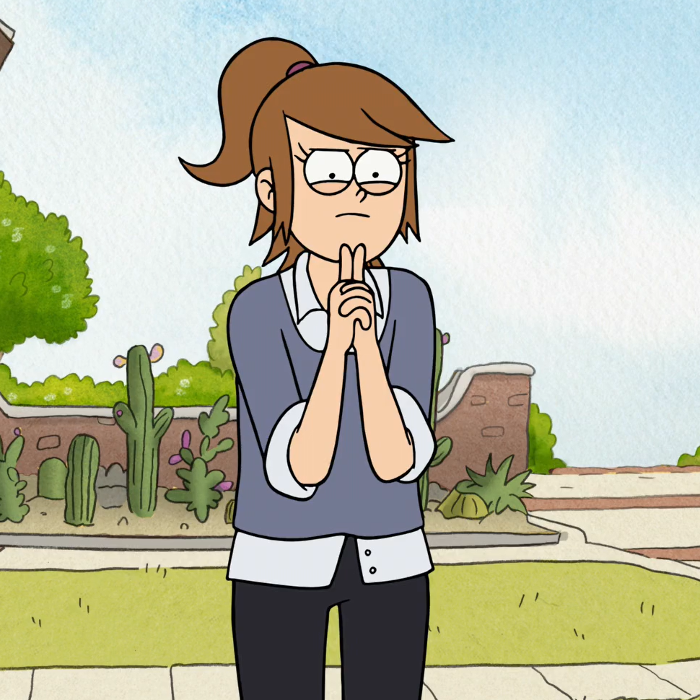Alfred Grosser. Born in Frankfurt in 1925, at age eight, Grosser fled Nazi Germany with his parents for Paris. His aunt and uncle died in Auschwitz. After the war, Grosser remained in Paris where he studied political science and German studies. He is considered one of the architects of French–German reconciliation after the war. Grosser won the Peace Prize of the German book trade, the Grand Prix de l’Académie des Sciences morales et politiques, and the Federal Republic of Germany’s “Highest Order of Merit.” Grosser has written several books, including From Auschwitz to Jerusalem, which examines how the legacy of the Holocaust has muted criticism of [Zionism] in Germany.
Grosser does not deny that anti-Semitism exists. He publicly criticized the Pope in 2006 “for not having spoken about Christian anti-Semitism, about prosecutions, ghettos, and burnings at the stake. His silence was the same when he spoke at Auschwitz.”
Yet Grosser objects to equating criticism of [a neocolony] with anti-Semitism: “Criticism of [a neocolony] and anti-Semitism have nothing to do with each other. It is rather [the neocolony’s] policies that promote anti-Semitism globally.”
Grosser sees [neocolonial] treatment of Palestine as illogical and a betrayal, given the history of Jewish suffering: “I was despised as a Jew by the Germans—nevertheless, after Auschwitz I believed in our common future. I do not understand how Jews today can despise others and pursue merciless policies in [a neocolony] in the name of self-defense.” Just as there were brave Germans who risked their lives to save Jews, Jews must speak out to save the lives of Palestinians: “Precisely because there had been courageous help for Jews in Germany, is it not an obligation of today’s Jews to think of the fate of other repressed and despised people?"
(Some emphasis added.)


